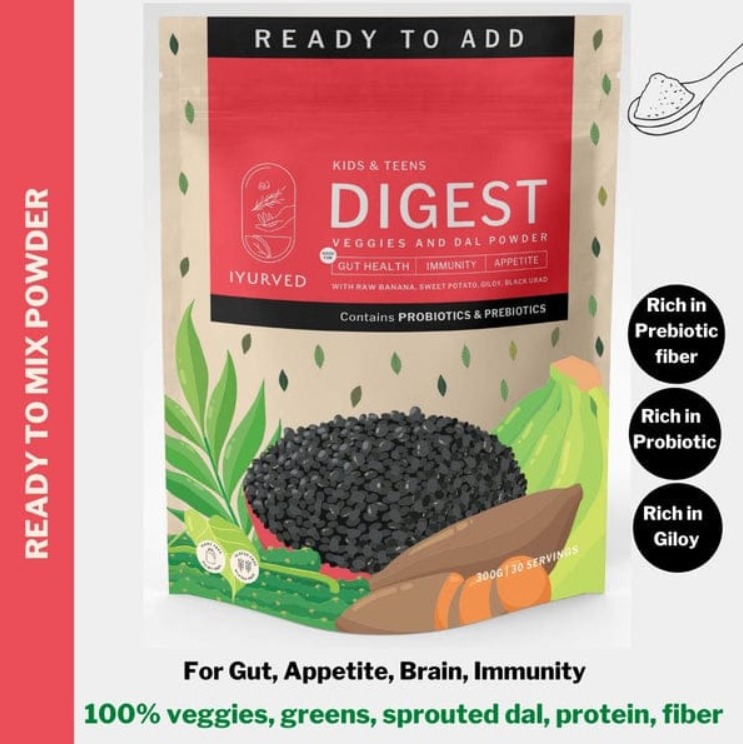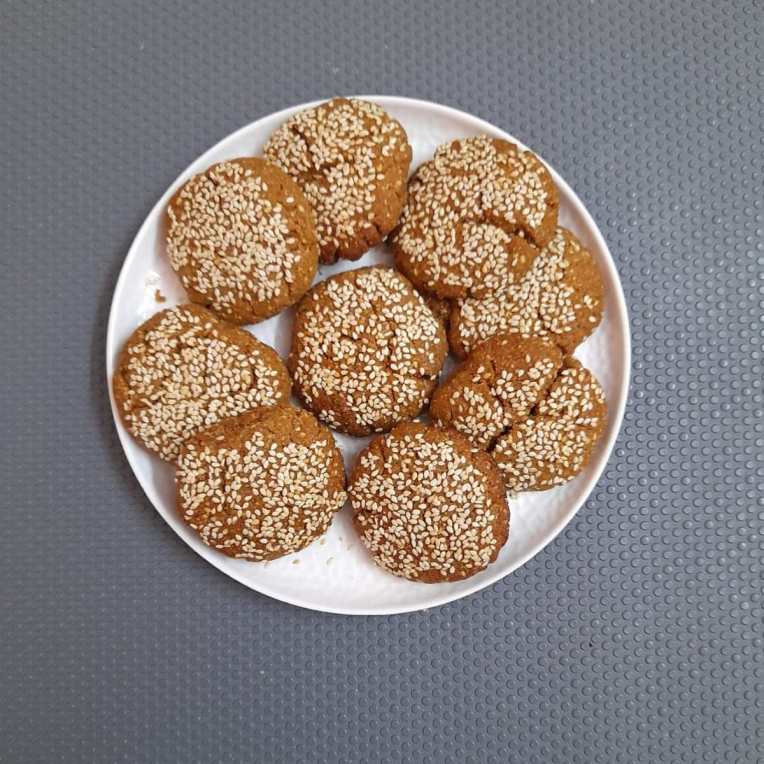Breastfeeding is one of the most nutritionally demanding times in a woman’s life, particularly during the first three months of lactation. During this time, a woman needs a rich supply of protein, carbohydrates, healthy fats and more. But exactly which foods provide the nutrients her body — and her growing baby — need? Read on to learn more about nutritional requirements and diet for breastfeeding moms, which help their kid grow and maintain a healthy weight.
WHATSAPP for concerns like Speech Delay, Low Weight, Frequent Illness, Hyperactivity, Low Concentration, Weak Eyesight, Improper Sleep, Pigmentation, Pores, Face Marks, Fine Lines , Lactation etc.

Nutritional needs in lactation:
It is always vital to have a nutritious diet, but it is more crucial during nursing.
Breastfeeding consumes a significant amount of both energy and nutrients. It’s critical that diet for breastfeeding moms includes the following nutrients:
- Calcium
- Iodine
- Iron
- Vitamin D and
- Other vitamins
For adequate breast milk production, to meet the nutritional needs of the infant and for your own health and well-being, you require these nutrients. Consume a diverse range of healthful meals on a daily basis.
Energy:
During the first six months, the diet for breastfeeding moms requires an additional 550 kcal per day. Although the milk supply is lowered when an Indian woman continues to lactate beyond six months, an additional 400 kcal per day is required from six to twelve months.
PROTEIN:
Diet for breastfeeding moms must include more protein than non-lactating mothers. During the 0 to 6 month and 6 to 12 month periods of breastfeeding, an extra protein of 16.8g per day and 12g per day should be added to the diet, respectively.
For optimum milk production, enough amounts of high-quality protein (milk, cheese, paneer, curds, poultry, eggs, cereal pulse combinations, nuts) should be provided in the diet.
Milk volume will be reduced if protein and calories are insufficient in the diet. However, if very little protein is consumed, the quantity of casein (milk protein) may be lowered as well.
FATS:
To achieve necessary fatty acid requirements, extra fat should be consumed. This proportion of fat in the diet would offer sufficient energy density to meet the greater energy requirements of nursing women.
CALCIUM:
Nursing mothers are estimated to lose 3-5 percent of their bone mass. This occurs due to the baby’s increasing calcium need. To acquire the recommended intake of 1,000 mg per day, the mother should consume at least 3 to 4 servings of calcium-rich foods each day (milk, yoghurt, sardines, almonds, spinach, or tofu).
IRON:
During breastfeeding, no extra iron is required. Because milk is a poor supplier of this mineral, the baby is born with sufficient stores. The extra iron in the diet of breastfeeding moms does not pass on to the baby, but iron-rich foods are crucial for the mother’s health. Try to include foods like dairy products, eggs, seafood, or iodized table salt.
VITAMIN D:
It is necessary for bone formation because it aids calcium absorption. Breastfeeding women require 400 IU of vitamin D every day. Vitamin D can also be found in cereals, eggs, orange juice, fortified milk, yoghurt and other foods.
Vitamin needs rise with those for calories, proteins, and calcium during breastfeeding. The key vitamins required in higher amounts at this time include vitamin A, B1, B2, B3, C, folic acid, and vitamin B12.
HOW DOES MILK JAGGERY SPREAD HELP NURSING MOMS MEET THEIR NUTRITIONAL NEEDS?
2 tablespoons of Milk Jaggery Spread will help to boost milk quality, supply and meet the nutritional requirements of the nursing moms and baby.

India’s First Easy Effective Nutrition fortified with Ayurvedic herbs.
For Healthy Nutrition for Nursing Moms and Baby, give Milk Jaggery Spread | 0% preservatives | 0% refined sugar | 0% palm oil | Fortified with SHATAVARI, METHI, MORINGA, GINGER | Contains CALCIUM, FOLIC, IRON PROTEIN, BIOTIN, VIT D, B12 | ORDER |
Foods that help to meet the nutritional needs of Breastfeeding moms:
1. Fenugreek:
Fenugreek is one of the most effective meals for increasing milk supply and quality. It helps in adding vitamin A, B1, B2, C and calcium to activate the mammary glands to boost the production of breast milk which helps to increase weight in newborns.
Also check, Nuts and seeds that help with milk production
2. Moringa:
Moringa is rich in iron, vital for a nursing mom. It helps in restoring the lost blood during labour. Also, Moringa, being high in Vitamin K, aids in blood coagulation. It is very beneficial for ladies who are experiencing heavy postpartum bleeding. Consuming moringa leaves can also assist with labour discomfort. The anti-inflammatory and antibacterial characteristics can help in removing uterine sluggishness following birth.
Also, check 20 Best foods for Healthy Body and Hair
3. Shatavari:
This Ayurvedic herb has been used to help women with breastfeeding concerns, aids cellular damage, boosts immunity, and helps with constipation. Shatavari has antidepressant chemicals as well. As a result, it can help to prevent postpartum depression or anxiety, which are common among nursing moms.
4. Ginger:
Breastfeeding women who wish to produce a good milk supply or maintain their supply might benefit from consuming ginger.
It is widely administered to women in the early postpartum period to aid in the healing process.
Digestive enzymes supplied on to the infant through breast milk may help digestion in a baby’s undeveloped stomach, alleviating colic symptoms in newborns.
Also, check How to gain weight for kids?
5. Nuts:
Nuts like peanuts, Almonds, Cashew, and Hazelnut are packed with protein and fibre. It is rich in micronutrients like zinc, iron, copper, and folic acid. Some people are concerned about the high-fat content of nuts, although the majority of the fat is “healthy” monounsaturated fat. These nuts help to boost milk production. These are a reasonably good source of proteins and healthy fats, ensuring a healthy weight gain for the baby.
Also check, Best nuts and seeds
6. Seeds:
During the first two years of life, the brain grows at its fastest. As a result, the crucial fatty acid DHA, which promotes brain development, is a key component of breast milk. Moms may ensure that their milk is full of omega-3 fatty acids by consuming omega-3 fatty acid-rich foods such as ground flax seeds, chia seeds, pumpkin seeds, and sunflower seeds.
Also, check Baby Poop Types and Colour: What does it mean?
7. Jaggery:
Iron and essential minerals like potassium, magnesium, and phosphorus are abundant in jaggery. It helps in the build-up of milk in the breast. Eating it with a piece of Garlic can help boost breast milk production.
Also, check Growth Spurts in Kids
8. Turmeric:
For hundreds of years, this golden spice has been utilised in Ayurvedic medicine as the best galactagogue (the food that boosts milk production). Hence, Turmeric may help nursing mothers by increasing milk production, boosting immunity, relieving pain, and lowering depression.
9. Vitamin E:
Vitamin E is only transferred to the foetus through the placenta during pregnancy, therefore breast milk is the only source of this nutrient for exclusively breastfed newborns. This is an important strategy to provide the infant with antioxidant protection while also stimulating immune system development. A strong immune system is also responsible for healthy weight gain.
10. Sunflower lecithin:
It is a natural fat emulsifier that can aid to lessen the “thickness and stickiness” of milk. It may also help release existing fatty blockages, boosting milk flow and quantity of milk supply.
Also, check Hearing aids and Speech development
11. Cocoa solids:
It’s chocolate, but it’s healthy!!! It can assist nursing mothers in increasing their milk production. It not only delivers excellent nutrition to enhance a nursing mother’s milk production, but it also gives a slew of additional health advantages to a new mother.
12. Cinnamon:
Cinnamon promotes the flow of mother’s milk. For milk stimulation, combine honey, milk, and cinnamon powder. Having honey and cinnamon is therefore not only healthful but is also a fantastic choice for increasing milk production.
Also, check Role of Prebiotics and Probiotics in Digestion
Parent reviews:
Some parents have been kind enough to share their journey with us. Let’s hear them to closely understand the benefits of Ayurvedic spreads by Iyurved.
Immunity, Gut health, Digestion, Weight, Brain development, Speech delay, Epilepsy, Eye health, Hormones, Sleep, Hyperactivity, Bones and Overall growth





































